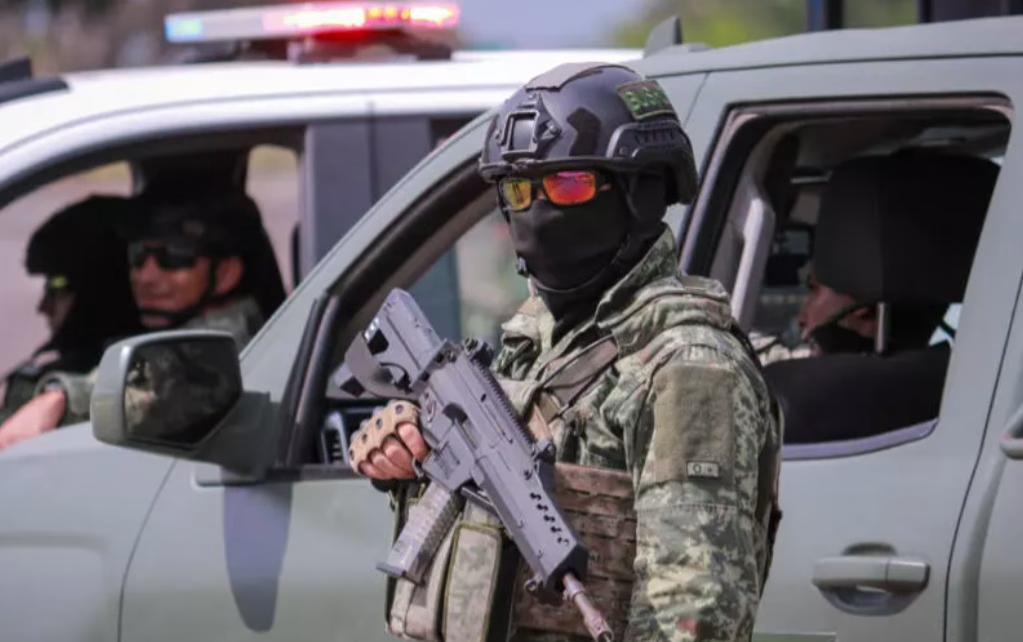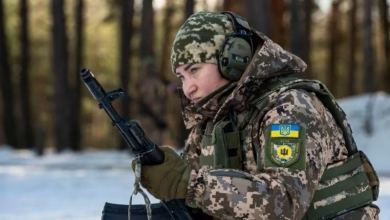Mexican President Claudia Sheinbaum has vowed that the recent killings of six migrants by the army will be thoroughly investigated and that those responsible will face justice. During a press conference, Sheinbaum emphasized that the victims hailed from Egypt, El Salvador, and Peru, and asserted that “the killings must be investigated and punished.” She indicated that the state prosecutor’s office would look into the incident in Chiapas, specifically whether military commanders held any responsibility for the tragedy.
The tragic shooting incident occurred on the same day that Sheinbaum was inaugurated as president. She had previously pledged to uphold human rights and ensure that security forces operate without repression. Her swift condemnation of the military’s actions reflects a commitment to accountability, especially as her administration seeks to address ongoing issues related to human rights abuses in Mexico.
According to the defense ministry, the confrontation began when a military patrol spotted a vehicle being followed by two flatbed trucks, which are commonly associated with criminal activity. The patrol reported that the military personnel heard gunshots, prompting two soldiers to open fire, which led to one of the trucks being stopped. This response raised immediate concerns about the use of lethal force against unarmed civilians.
Upon stopping the vehicle, the military patrol discovered 33 migrants from various countries, including Egypt, Nepal, Cuba, India, and Pakistan. Tragically, four migrants were pronounced dead at the scene, while two others succumbed to their injuries after being taken to the hospital. The incident has sparked outrage among human rights organizations and advocates for migrant rights, who demand accountability and reform within the military.
The plight of migrants in Mexico is dire, with thousands traveling through the country each year in search of a better life, often risking their lives in overcrowded buses, trailers, and freight trains. Many face significant dangers, including fatal accidents, kidnapping by criminal gangs, and extortion by corrupt officials. The recent incident has brought attention to the need for comprehensive reforms to protect the rights and safety of these vulnerable populations.
Sheinbaum’s commitment to addressing this tragic event aligns with her broader goal of reforming Mexico’s approach to migration and security. The government’s focus on investigating the military’s conduct during this incident could pave the way for more stringent regulations regarding the use of force by security personnel, especially in sensitive situations involving civilians.
As the investigation unfolds, all eyes will be on the Mexican government to see how it handles the fallout from this incident and whether meaningful changes will be implemented to prevent similar occurrences in the future. The international community is watching closely, as the treatment of migrants in Mexico is not only a domestic issue but also a matter of global concern.


